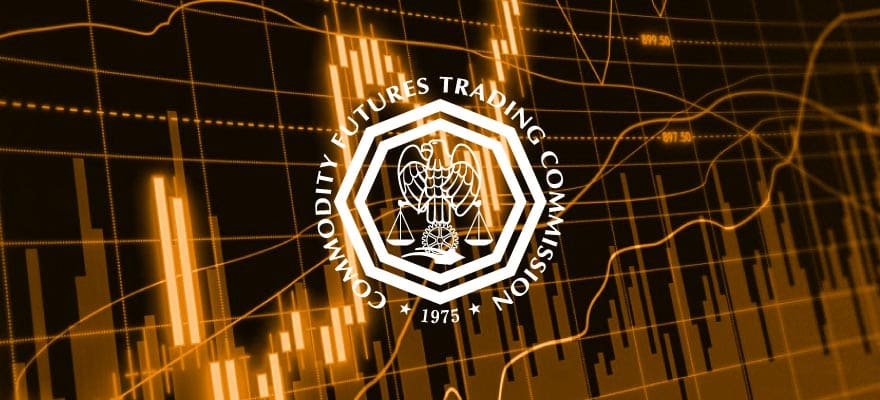US authorities fined three banks almost $50 million and filed charges against six individual traders over allegations that they schemed to manipulate the precious metals futures market through a trading tactic known as ‘spoofing’.
Deutsche Bank, HSBC and UBS were hit Monday by penalties announced by the CFTC, in conjunction with the Department of Justice and FBI, the largest of which was a $30 million fine for Germany’s biggest bank, Deutsche Bank. The abuses of Deutsche traders allegedly occurred between February 2008 through at least September 2014.
The Swiss bank UBS has also found itself facing similar accusations, after some of its spot traders used phony trade orders to manipulate precious metals futures traded on the Commodity Exchange (COMEX). The bank agreed to pay a penalty of $15 million to settle the ‘spoofing’ charges brought by the US Commodity Futures Trading Commission, the regulator said.
HSBC Securities, the bank’s US brokerage arm, was fined around $1.6 million on related charges, a relatively small penalty compared to other sanctions doled out in other banks’ rigging cases.
The settlement approved today did not include a trading ban, instead requiring the firm take specified steps to “implement and strengthen their training, systems, and controls to detect and deter spoofing by HSBC personnel in the futures markets.”
In addition to the three banks, the multi-agency complaint accuses Krishna Mohan of New York City, Jitesh Thakkar and his company Edge Financial Technologies, Australian citizen Jiongsheng Zhao, United Arab Emirates resident Cedric Chanu, and Andre Flotron from Switzerland, of engaging in a plot to rip off other metals traders by spoofing.
Spoofing in general is a practice in which a trader floods the market with fake orders by entering and quickly cancelling large buy or sell orders on an exchange, in order to fool other traders into thinking that the market is poised to rise or fall.
Regulators and exchanges have stepped up their policing of spoofing in recent years, however the people and firms that they previously focused on were rather small-time. Earlier in January, that it spoofed the treasury futures market, the biggest spoofing settlement to date.
Though the tactic has long been used by some traders, regulators began clamping down on it only a few years ago. Specifically, the Dodd-Frank Act gives the CFTC the explicit authority to crack down on the practice.
Commenting on the criminal and civil enforcement actions, James McDonald, Division of Enforcement Director said: “Spoofing is a particularly pernicious example of bad actors seeking to manipulate the market through the abuse of technology. The technological developments that enabled electronic and algorithmic trading have created new opportunities in our markets. But at the same time, we recognize that these new developments also present new opportunities for bad actors.”
He added: “As these cases show, we will work hard to identify and prosecute the individual traders who engage in spoofing, but we will also seek to find and hold accountable those who teach others how to spoof, who build the tools designed to spoof, or who otherwise aid and abet the wrongdoing. These cases should send a strong signal that we at the CFTC are committed to identifying individuals responsible for unlawful activity and holding them accountable.”





Be First to Comment